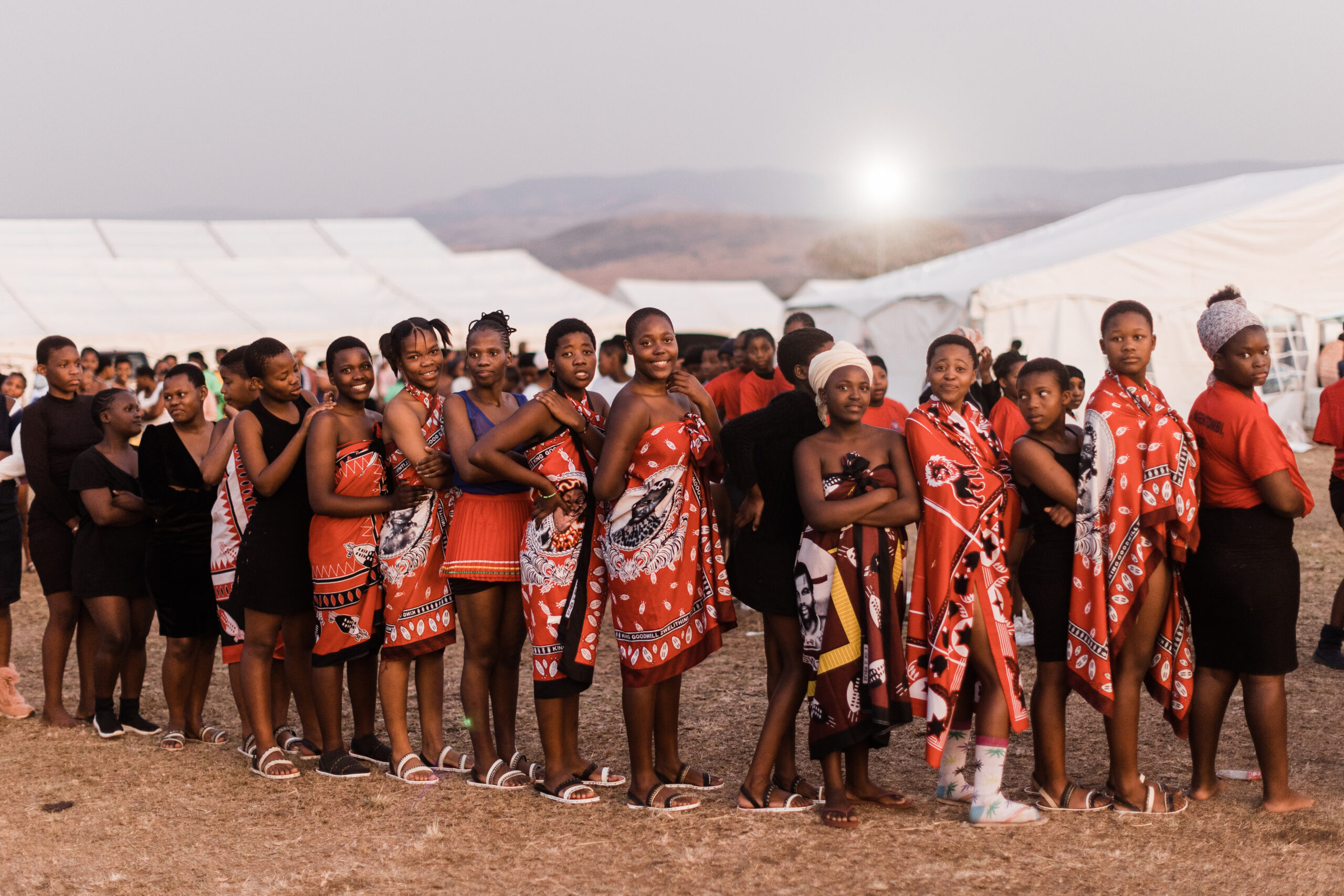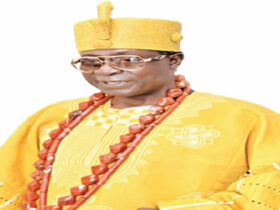As twilight nestles behind the mountains in Nongoma town, the birthplace of South Africa’s ethnic Zulu group, thousands of young women bathe in a cold, shallow river.
Bare-breasted, the gleaming young women wearing in colourful traditional beads, pick up reeds which they will carry as they file past the newly crowned Zulu king MisuZulu Zulu.
The King emerges from a tight circle of Zulu warriors to accept his first ever reed as the new monarch, smiling as the crowd sings unending praises.
The rest of the girls walk past the king in a colourful ceremony lasting several hours.
Every September – the start of southern hemisphere spring, tens of thousands of women, known locally as maidens, participate in the “reed dance” in KwaZulu-Natal province which opens into the Indian Ocean.
It is an age-old annual ceremony in celebration of sexual purity and promotion of sexual abstinence among young girls.
The ceremony is a traditional rite of womanhood, rooted historically in an occasion for the king to select new wives among his subjects.
The 47-year-old new head of South Africa’s largest ethnic group is also known by his official title as MisuZulu kaZwelithini.
He was recognised as monarch at a traditional ceremony last month following the death last year of his father King Goodwill Zwelithini, who had reigned for 50 years.
This year’s festivities were eagerly awaited.
It is the first time the dance is taking place since the outbreak of the Covid-19 pandemic, and MisuZulu’s first time to preside over the reed dance.
– ‘Excited’ –
It is also 16-year-old Amahle Shange’s first time attending the festival.
“I had always seen older girls going to ‘umhlanga’ (reed dance) and found myself so curious,” she told AFP as she walked away from the river with her friends.
“I am excited to be here for the first time, I can’t believe it’s finally happening and I’m seeing things I’ve never seen before”.
The “reed dance” was abolished for several years but revived in 1984 by MisuZulu’s father.
This year’s event is however clouded by an ongoing succession battle.
One faction of the royal family believes MisuZulu is the rightful heir as his late mother, Queen Mantfombi Dlamini Zulu the third queen consort and sister to Eswatini King Mswati III, was a royal princess.
But Prince Simakade, the late king’s first-born son who was born out of wedlock, has been championed by dissenting relatives by virtue of being the late king’s eldest son.
Prior to the reed dance, the participants had their genitalia inspected, a practice condemned by rights advocates who say it is demeaning and an invasion of privacy.
Traditional doctor and virgin inspector Nomagugu Ngobese defended the practice, saying it’s accepted across different societal classes.
“I’ve got teachers here, engineers, they have cars; there are attorneys, which goes to prove wrong those who say our culture is outdated,” she told AFP.












Leave a Reply